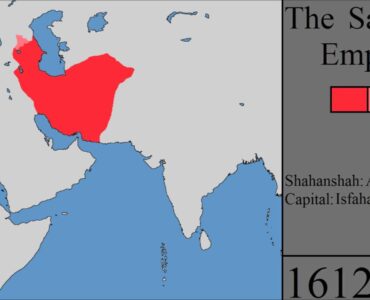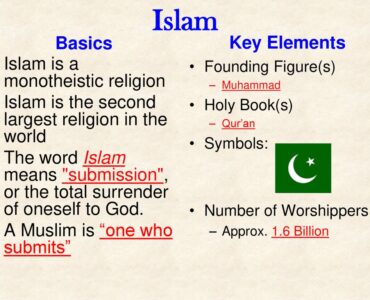
The Lesser Crusades
Bohemian Civil War
Bohemia was for a time free from foreign intervention, but internal discord again broke out, caused partly by theological strife and partly by the ambition of agitators. On 9 March 1422, Jan Želivský was arrested by the town council of Prague and beheaded. There were troubles at Tábor also, where a more radical party opposed Žižka’s authority.
Polish, And Lithuanians
Sigismund Korybut
The Hussites were aided at various times by Poland. Because of this, Jan Žižka arranged for the crown of Bohemia to be offered to King Władysław II Jagiełło of Poland, who, under pressure from his own advisors, refused it. The crown was then offered to Władysław’s cousin, Vytautas, the Grand Duke of Lithuania. Vytautas accepted it, with the condition that the Hussites reunite with the Catholic Church. In 1422, Žižka accepted Prince Sigismund Korybut of Lithuania (nephew of Władysław II) as regent of Bohemia for Vytautas.
His authority was recognized by the Utraquist nobles, the citizens of Prague, and the more moderate of the Taborites, but he failed to bring the Hussites back into the Church. On a few occasions, he even fought against both the Taborites and the Orebites to try to force them into reuniting. After Władysław II and Vytautas signed the Treaty of Melno with Sigismund of Hungary in 1423, they recalled Sigismund Korybut to Lithuania, under pressure from Sigismund of Hungary and the Pope.
On his departure, civil war broke out, the Taborites opposing in arms the more moderate Utraquists, who at this period are also called by the chroniclers the “Praguers,” as Prague was their principal stronghold. On 27 April 1423, Žižka now again leading, the Taborites defeated the Utraquist army under Čeněk of Wartenberg at the Battle of Hořice; shortly afterwards an armistice was concluded at Konopilt.
Bohemian Civil War
802 – 038
https://discerning-Islam.org
Last Updated: 02/2022
See COPYRIGHT information below.



